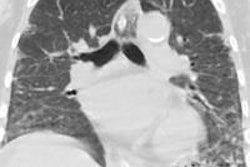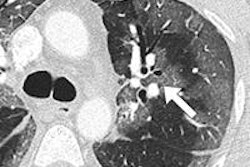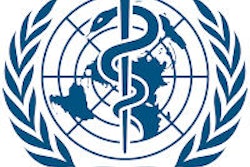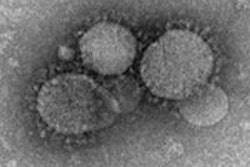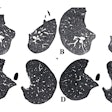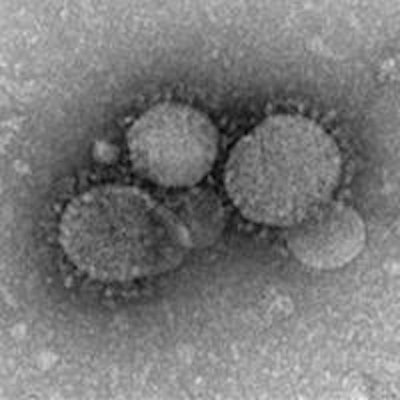
The first case of Middle East respiratory syndrome (MERS) coronavirus infection has appeared in the U.S., reported U.S. government officials on May 2.
The case was confirmed in a traveler from Saudi Arabia who has been hospitalized in Indiana, according to officials with the U.S. Centers for Disease Control and Prevention (CDC). The virus was first reported in Saudi Arabia in 2012; recent scientific reports have linked the virus to camels.
The traveler left Saudi Arabia on April 24, traveling by plane from Riyadh to London and then Chicago, where the individual took a bus to Indiana. On April 27, the patient began to experience symptoms including shortness of breath, coughing, and fever, and was admitted to a hospital on April 28.
Indiana public health officials tested for MERS infection due to the patient's travel history, and they confirmed the case on May 2. The patient is in stable condition in isolation and is being well-cared for, according to the CDC.
The case presents a very low risk to the general public, according to Dr. Anne Schuchat, assistant surgeon general and director of the CDC's National Center for Immunization and Respiratory Diseases. While in some countries MERS has spread through close contact, such as caring for or living with someone who is infected, there is no evidence of infection through community settings.
Health officials are not sure how the patient was infected with MERS; exposure to the virus may have taken place in Saudi Arabia, but it's unknown how many people had close contact with the patient.
Including the Indiana case, there have been 401 confirmed cases of MERS infection in 12 countries, with all reported cases originating in six nations in the Arabian Peninsula. Most individuals with MERS infection have developed severe acute respiratory illness, and 93 people have died, the CDC said.




